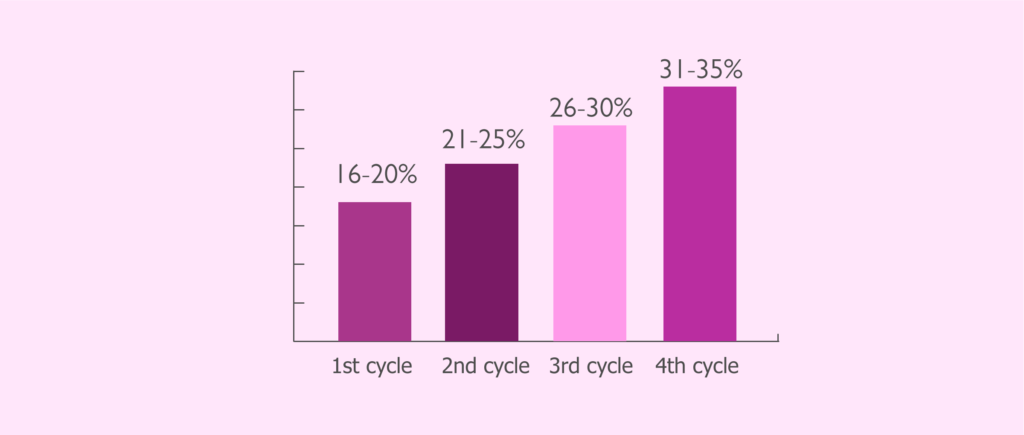In the realm of fertility treatments, Intrauterine Insemination (IUI) stands out as a popular and relatively less invasive method. For couples or individuals facing challenges in conceiving, the question often arises: just how successful is IUI? Let’s dive into the process, factors affecting its success, and the success rates to understand the effectiveness of IUI.
What Is IUI?
Intrauterine Insemination (IUI) is a type of assisted reproductive technology where sperm is directly placed into the uterus during ovulation. This is done to facilitate fertilisation, bypassing the cervix and increasing the number of sperm that reach the fallopian tubes. The primary goal is to increase the probability of conception.
Factors Affecting IUI Success
Before delving into the success rates, it’s crucial to understand the various factors that play a role in the effectiveness of IUI.
- Age of the Woman: The age of the woman is a significant factor. Women under 35 tend to have higher success rates than those over 35. As age progresses, especially after the age of 40, the success rates tend to drop.
- Sperm Quality: A good sperm count with optimal mobility is essential for the success of IUI. If the male partner has severe sperm abnormalities, IUI might not be the best option.
- Ovulation Issues: Women with ovulation problems who are treated with fertility drugs can see an increased rate of success with IUI.
- Cause of Infertility: If the cause of infertility is unexplained, the success rates with IUI can be variable. However, for couples with mild male factor infertility or women with cervical mucus issues, IUI can prove beneficial.
- Use of Fertility Drugs: The combination of IUI with fertility drugs, like Clomid or Letrozole, can increase the chances of pregnancy. However, it can also lead to the risk of multiple pregnancies.
- Number of IUI Cycles: While many couples conceive in the first few cycles, some might require multiple cycles. The probability of success tends to decrease after three to four attempts.
IUI Success Rates
The moment of truth—IUI success rates. This measure gives a rough estimate of how likely it is for IUI to result in a successful pregnancy.
For women under the age of 35, the success rates for IUI can range between 10-20% per cycle. This percentage decreases as age progresses. For instance, women between the ages of 35 and 40 might see a success rate of around 10%. Post 40, the rates dip further.
Multiple IUI cycles can increase cumulative success rates. However, if conception hasn’t occurred after three to four cycles, couples often consider alternative treatments or delve deeper into potential causes of infertility.
Risks and Considerations
Like all medical procedures, IUI comes with its set of risks and considerations.
- Multiple Pregnancies: The use of fertility drugs increases the chances of multiple pregnancies, which come with their sets of risks for both the mother and the babies.
- Infection: There’s a slight risk of introducing an infection during the procedure, though it’s rare.
- Ovarian Hyperstimulation Syndrome (OHSS): Women using injectable fertility drugs can experience OHSS, which leads to swollen and painful ovaries. It’s essential to be aware and consult a doctor if any severe symptoms appear.
Conclusion
While IUI presents a less invasive and more affordable alternative to methods like IVF, its success isn’t guaranteed and varies depending on various individual factors. It’s crucial for couples to have a comprehensive discussion with their fertility specialist to understand the potential outcomes and risks and to set realistic expectations.
Remember, every individual and couple is unique. What might work for one might not work for another, and it’s essential to remain informed, hopeful, and resilient throughout the fertility journey.

